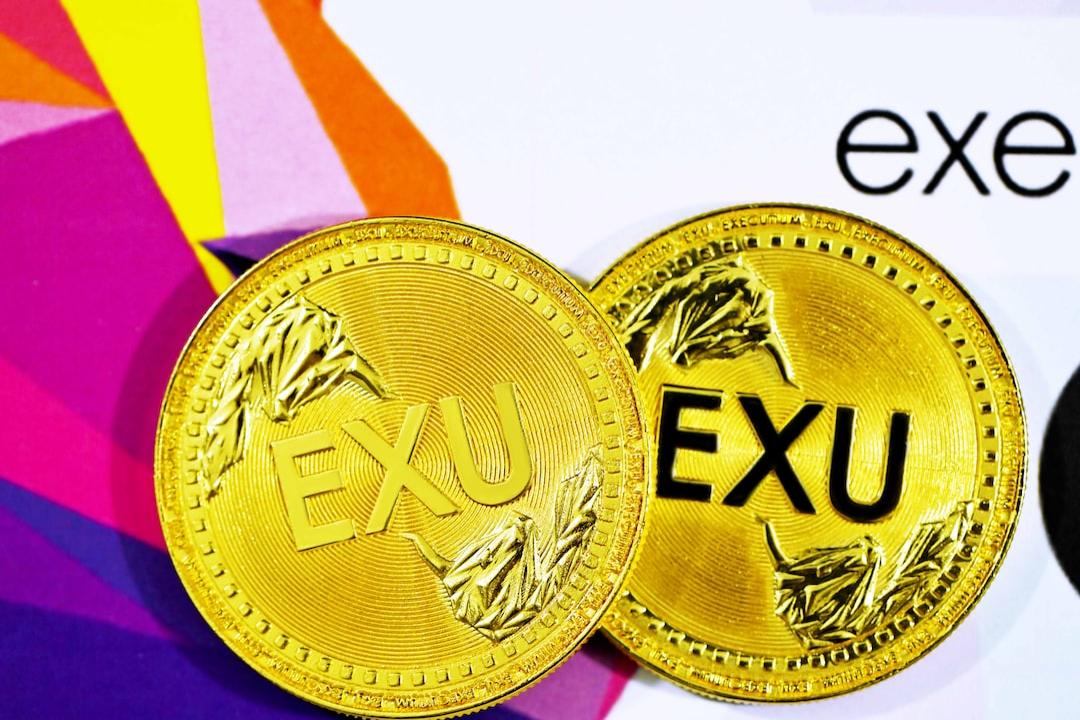Vitalik Buterin, the co-founder of Ethereum, has recently addressed several critical issues that the platform is facing. He has stressed the urgent need for innovative solutions to improve Ethereum’s staking and block production mechanisms. One of the main concerns he raised is the inequality in staking rewards among validators, which has led to centralization. To tackle this problem, Buterin has proposed the adoption of a “futures-style” reward system that would distribute rewards based on the amount of ETH staked and the performance of validators. This approach would promote fairness and encourage more participation from validators.
Another issue that Buterin highlighted is the delays in block production, which can hinder transactions and negatively impact the user experience. To address this, he has suggested the implementation of more efficient algorithms. For instance, the adoption of “longer blocks” could reduce the frequency of block creation, improving the network’s throughput and reducing congestion. Additionally, Buterin mentioned the potential of sharding, which involves distributing data across multiple chains to enhance scalability and enable faster transaction processing.
Buterin also introduced the concept of “dynamic block sizes,” which would adjust the size of blocks based on network demand. During high-traffic periods, blocks would grow larger to accommodate more transactions, while smaller blocks would be used during low-traffic periods. This adaptability would optimize resource utilization and ensure a smooth user experience.
Furthermore, Buterin emphasized the importance of enhancing decentralization and warned against the risks of a small group of validators gaining excessive control. To address this, he recommended increasing the number of validators and incentivizing smaller validators. This would create a more decentralized network and prevent any single entity from dominating.
Transitioning to user experience, Buterin stressed the need for simpler interfaces. Complex staking mechanisms can deter new users, so streamlining the process would attract more participants to the Ethereum platform. He also proposed the use of enhanced cryptographic techniques to improve security while maintaining performance. By integrating zero-knowledge proofs, Ethereum can ensure transaction validity without revealing sensitive information, thereby enhancing user trust and facilitating more efficient transactions.
Overall, Buterin’s proposals aim to make Ethereum more robust and user-friendly. He believes that implementing these changes will enhance the network’s performance, boost user trust, and increase engagement.


